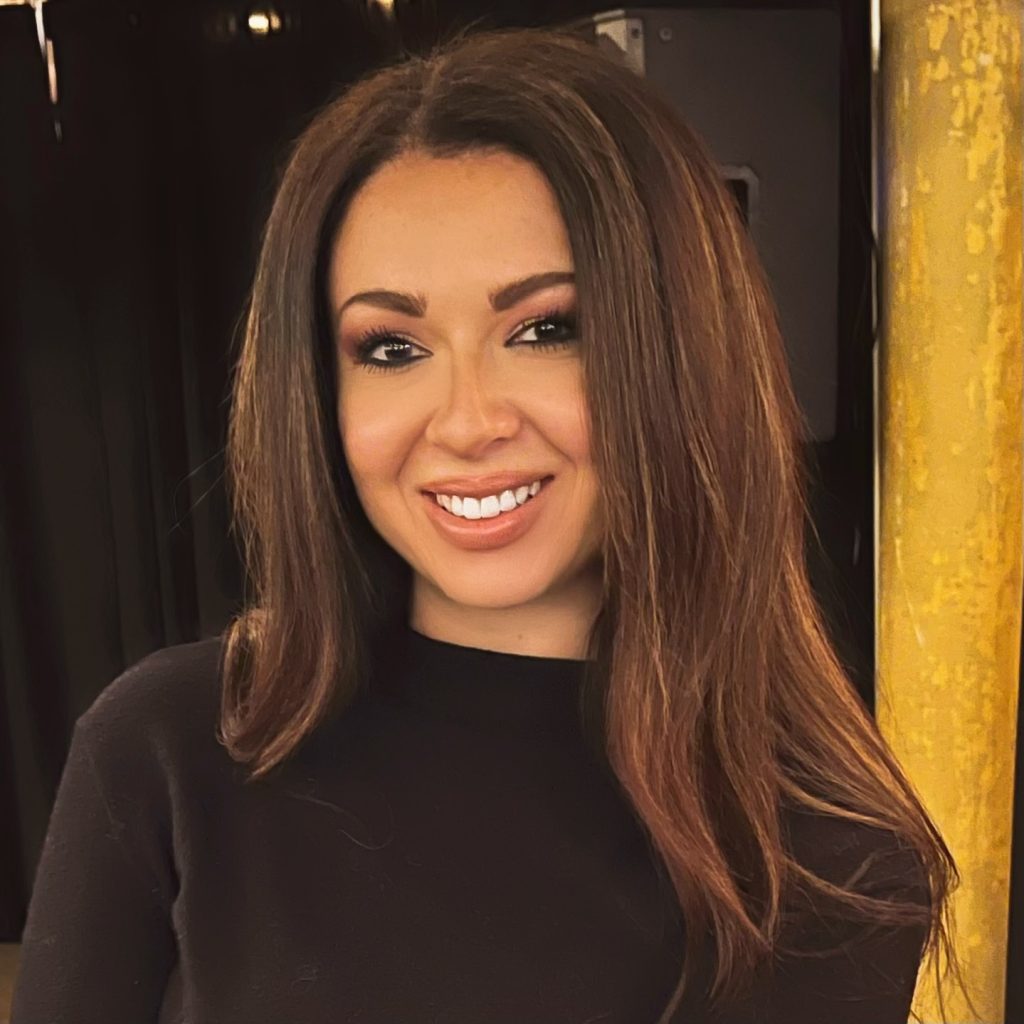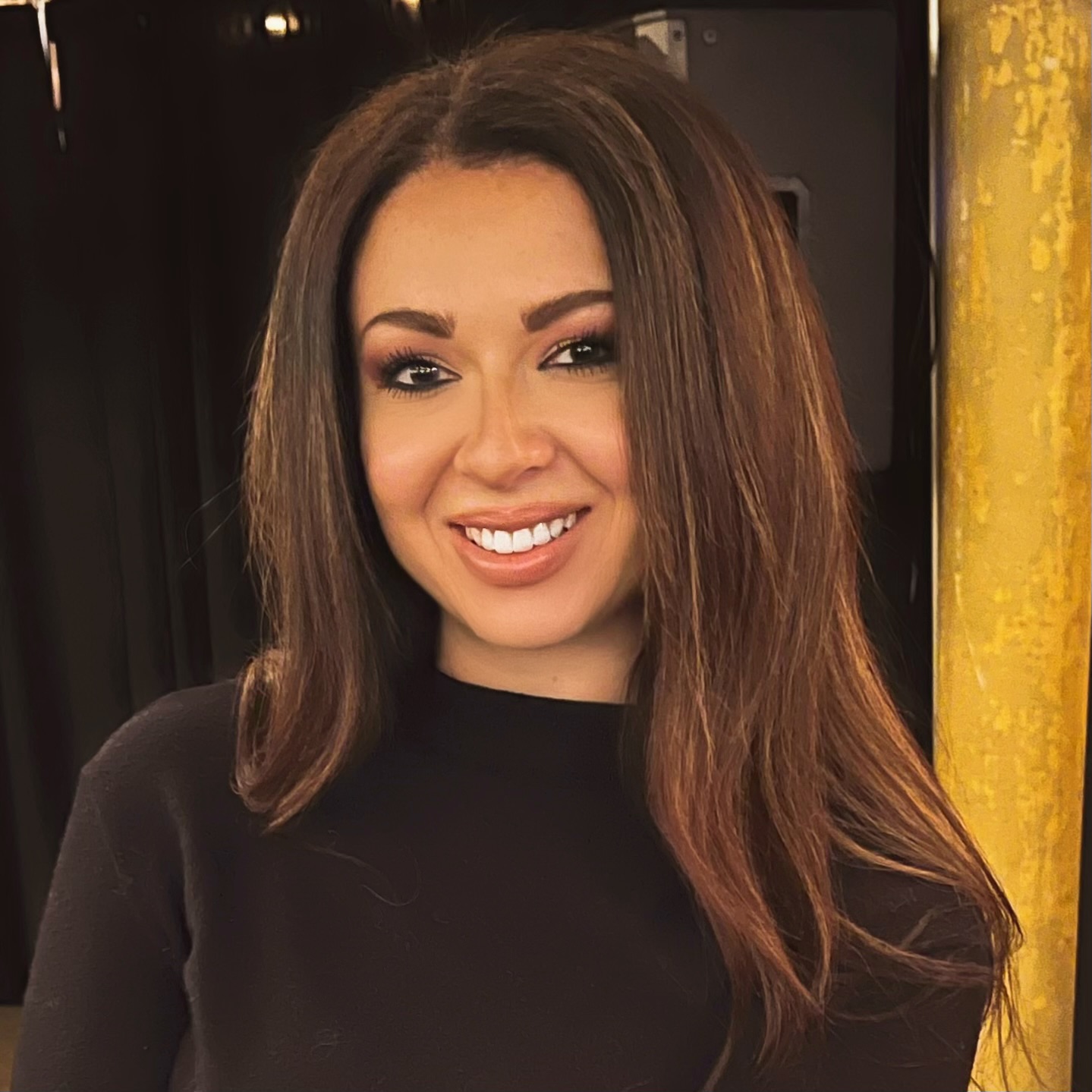There are numerous sleeping pills that you can take if you’re having trouble sleeping. Some sleep medications are available over the counter and can be purchased by adults at grocery stores, pharmacies, or online retailers. A doctor can also prescribe prescription sleeping pills if you have a more serious ongoing sleep issue, such as chronic insomnia.
With so many types of sleep aids available, it can be tough to figure out which sleeping pill may be right for you, if any, and what precautions you should take if you’re considering taking a sleep medication. These are common sleeping pills that you might encounter, how they work, and potential drawbacks to be aware of, such as side effects or the risk of dependency.1
Medical disclaimer: You should only take sleeping medications under the guidance of your healthcare provider.
What Are Sleeping Pills?
Sleeping pills2 are over-the-counter, supplement, or prescription medications that can help you fall and stay asleep. Essentially, sleeping pills work by making you feel drowsy and relaxed. Some sleeping pills can also quiet areas of your brain that can keep you awake and alert at night.
You’ve probably heard sleeping pills called by various names. They’re also referred to as sleep aids, sleep medications, sedatives, and hypnotics. Sleeping pills are most commonly used to treat and manage insomnia, since other sleep disorders, like narcolepsy or sleep apnea, are treated with different groups of medication.2
Types of Prescription Sleeping Pills
Prescription sleeping pills are most commonly prescribed by healthcare providers to patients with severe insomnia. Most health experts recommend sleeping pills for short-term use, but some people take prescription sleeping pills long-term.2
Here are three classes of prescription sleeping pills and how they work.
Antidepressants
An antidepressant3 may be prescribed if insomnia is related to underlying depression or anxiety. Antidepressants can treat symptoms of depression or anxiety by altering the way your brain uses certain chemicals to help regulate your mood and behavior.
SSRIs, or selective serotonin reuptake inhibitors, are the most commonly prescribed type of antidepressant.3 Popular name brands you may have encountered include Prozac (fluoxetine), Lexapro (escitalopram), Celexa (citalopram), and Zoloft (sertraline).
Benzodiazepines
Benzodiazepines4 are prescription sleeping pills that cause sedation and hypnosis (or in plain terms, feeling sleepy). They work by making your nervous system less active and can also help control muscle spasms. Some brand examples are Xanax (alprazolam), Klonopin (clonazepam), and Ativan (lorazepam).
Z-Drugs
Z-drugs5, or medications that contain zolpidem or zopiclone, are another commonly prescribed type of sleeping pill. You probably know these medicines by their brand names, Ambien (zolpidem) and Lunesta (eszopiclone). Z-drugs work by slowing activity in the brain, essentially helping you fall asleep.
Types of Over-the-Counter Sleep Aids and Supplements
An over-the-counter sleeping pill or supplement may help manage more mild forms of insomnia, or it can even help you get your sleep back on track if you’re experiencing jet lag or doing shift work.2
These over-the-counter sleep aids and supplements can be purchased online or in retail stores without a prescription.
Antihistamines
If you’ve ever taken Benadryl (diphenhydramine) for an allergic reaction, you may have found yourself surprisingly sleepy. That’s because Benadryl contains an antihistamine, a common ingredient in over-the-counter medications that can not only treat allergies but one of its side effects is that it can make you feel drowsy.2
Antihistamines come in several forms. You can also find this ingredient in NyQuil Cold & Flu, Advil PM, and other cold and flu medications, or medicines labeled for “PM” use.
While it’s okay to use them here and there or for a few days as needed, antihistamines should not be a regular go-to option to help you sleep.
Melatonin
Melatonin is one of the most popular sleep supplements. This dietary supplement supports the production of melatonin, a hormone your body naturally produces that promotes sleep and helps you understand when it’s time to wake up or go to bed.2
Melatonin comes in several forms. It can be purchased as a chewable, capsule, or tincture.
Explore our picks for the Best Melatonin Supplements for Sleep.
Valerian
Valerian6, or valerian root, has been used since ancient times to support insomnia. This sleep aid continues to be popular today for helping people fall and stay asleep. You can buy valerian in many different forms, including teas, tinctures, capsules, and gummies.
How Should You Use Sleeping Pills?
A general rule of thumb used by healthcare professionals is that sleeping pills should only be used as needed and ideally short-term.2 That’s because they carry a risk of side effects and dependency, depending on the type, which short-term use can help avoid or reduce.
You should always work with a doctor if you plan to use sleeping pills, including over-the-counter medications and supplements. That’s because all sleeping pills, even the ones available on the shelves at your local pharmacy, can cause side effects and may even interfere with other medications. Others might not be safe for certain health conditions.
If you’re prescribed a sleeping pill or advised to take an over-the-counter sleep aid or supplement, be sure to follow the proper dosage instructions outlined by your healthcare provider.
Sleeping Pills Side Effects
Sleeping pills can cause potential side effects that can range from mild to serious. According to the Cleveland Clinic, about eight in 10 people will experience a hangover-like effect the day after taking sleep medicine.2 This can include feeling drowsy or having “muddled” thinking.
These are other immediate or short-term side effects that can occur with sleeping pills:
- Dizziness and balance problems
- Constipation or diarrhea
- Dry mouth
- Headaches
- Muscle weakness
- Gas, heartburn, and nausea
- Trouble driving, working, or going to school
Possible Health Risks or Complications from Sleeping Medication
Long-term use of sleeping pills can cause dependency. This can materialize in several forms, including needing a higher and higher dose to fall asleep as your body “gets used to” a sleeping pill, or developing rebound insomnia if you stop taking the sleep medication.2 Rebound insomnia occurs when insomnia comes back and is worse than before.
There is also the risk of developing an addiction to sleeping pills, particularly if you take prescription sleep medication that is classified as a benzodiazepine or z-drug.1 While not all people who take benzodiazepines or z-drugs will develop a dependency or even an addiction, it’s important to be aware of the potential risk. Taking medicine as prescribed by your healthcare provider can lower this risk.
Learn More: Addiction and Sleep
Can You Overdose On Sleeping Pills?
It’s possible to overdose on sleeping pills if they’re not used as prescribed. That’s why you should only take your prescribed dose (or, in the form of over-the-counter sleeping pills, the dose outlined on the safety label). If you’re unsure which dose is safest for you, be sure to speak to a healthcare provider.
When to Contact Your Healthcare Provider
While it’s always a good idea to keep your healthcare provider in the loop about your sleeping pill use (even if they’re an over-the-counter sleep aid or a supplement), you should always contact them immediately if you have more serious side effects, like muscle weakness, or if you’re concerned about a dependency.
Who Should Not Take Sleeping Pills?
Sleeping pills help many people sleep, but they’re still not for everyone. Sleeping pills may not be safe for people with certain health conditions and can also interact with other medications.
They should also be used cautiously in pregnancy, as any medication you take while pregnant or breastfeeding can pass to your baby.2 If you’re pregnant or trying to become pregnant, be sure to speak to your OBGYN about using sleeping pills and which kinds are safe in pregnancy.
While some parents give children nonprescription sleep medications, like an antihistamine medicine or melatonin (which is even sold in children’s form), the Cleveland Clinic cautions that these medications aren’t safe for children and even carry the risk of overdosing a child.2
Tips for Better Sleep Without Medication
You may want to try making lifestyle changes to help you sleep before turning to medication, since all sleep medications, including over-the-counter varieties, carry the risk of side effects.
Practicing good sleep hygiene, or the set of behaviors, habits, and environment surrounding your sleep, can be one of the best ways to get better sleep. These sleep tips can help you get quality shuteye and also learn healthy sleep habits for life.
- Limit your exposure to blue light at night, including smartphones, computers, and TVs
- Avoid caffeine use late in the day
- Reduce afternoon naps, or avoid them entirely
- Go to bed and wake up at the same time each day
- Avoid alcohol use close to bedtime
- Invest in blackout shades, sleep eye masks, or earplugs
- Keep your bedroom between 60 and 67 degrees Fahrenheit
- Avoid eating late at night
- Develop a relaxing nighttime ritual, such as reading a book before bed
If you’ve implemented these strategies into your daily sleep routine, but you’re still struggling to fall or stay asleep, you may want to speak to a healthcare provider. Together, you can identify any underlying sleep issues and develop a treatment plan that may include sleeping pills.
Frequently Asked Questions
Which sleeping pill is dangerous?
While no sleeping pill is necessarily considered dangerous, some prescription sleeping pills, like benzodiazepines and Z-drugs, carry the risk of dependency. These sleeping pills also tend to have stronger and more serious side effects than over-the-counter varieties of sleeping pills.
Is melatonin a sleeping pill?
Melatonin is a sleep aid that’s considered a dietary supplement7 rather than a prescription medication. It comes in several forms, including more traditional capsules and chewables, tinctures, or even teas.
Explore the Best Melatonin Supplements here.
What are the safest sleeping pills to take every night?
Over-the-counter sleep medications and supplements tend to have fewer side effects than prescription sleeping pills, which may make them a more comfortable option for people to take.
What are alternative treatments for sleep disorders?
Practicing good sleep hygiene can be a great way to learn healthy sleep behaviors. You can also consider cognitive behavioral therapy for insomnia8, a form of structured and goal-oriented talk therapy that can help you reduce sleep-related worry and identify triggers for poor sleep.

Ashley Zlatopolsky
Content Writer
About Author
Ashley Zlatopolsky is a Detroit-based writer and editor who specializes in sleep content. She writes about sleep health, hygiene and products for Sleep Advisor, Mattress Clarity, Real Simple, Sleep.com and more.
Side Sleeper
References:
- “Using medication: what can help when trying to stop taking sleeping pills and sedatives?” National Library of Medicine. Last modified August 10, 2017.
- “Sleeping pills”. Cleveland Clinic. Last modified April 27, 2021.
- “Antidepressants”. Cleveland Clinic. Last modified March 1, 2023.
- “Benzodiazepines”. Cleveland Clinic. Last modified January 3, 2023.
- “Taking z-drugs for insomnia? Know the risks”. U.S. Food & Drug Administration. Last modified April 30, 2019.
- “Valerian”. National Center for Complementary and Integrative Health. Last modified October 2020.
- “Melatonin: What You Need To Know”. National Center for Complementary and Integrative Health. Last modified July 2022.
- “Cognitive behavioral therapy for insomnia (CBTI)”. Stanford Medicine. Webpage accessed January 24, 2024.
